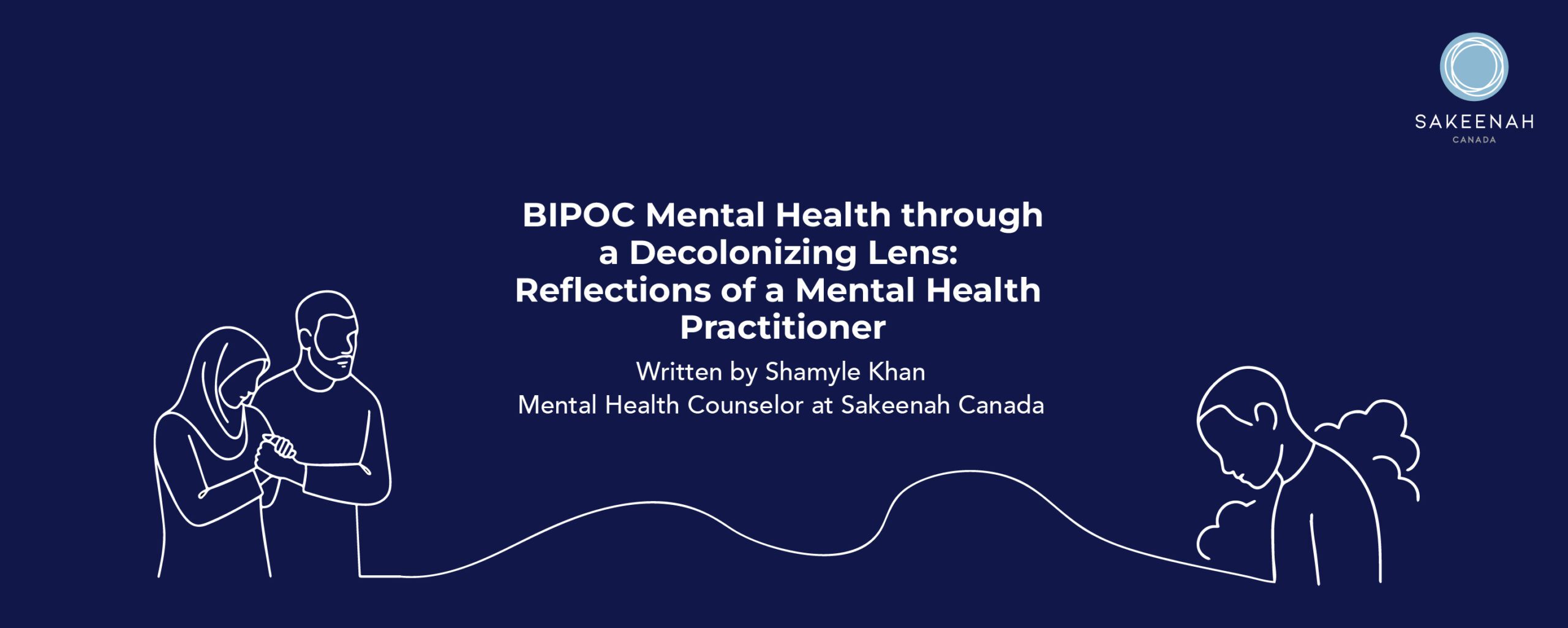
As a trauma-informed mental health practitioner, I have had the privilege of being witness to many BIPOC clients’ mental health journeys over the years, and I can confidently speak to how deeply their internal processes are shaped by legacies of colonization, migration, systemic racism, and cultural disconnection.
I have seen this disconnection come with its own shade of grief, which may surface as is and be named as such, or as a subconscious compensation for what was taken away and is needed. Through my work, I’ve learned that the struggles BIPOC communities face are not rooted in individual pathology, but rather in histories of not only survival, but also resistance and unmatched resilience.
Mental health challenges in BIPOC populations often present uniquely, intertwined with intergenerational trauma, racialized stress, cultural shame, and disconnection from ancestral roots. Many clients carry the weight of stories untold of grandparents silenced by displacement, parents hardened by survival, and communities navigating invisibility in mental health systems not designed for BIPOC. Diagnoses often miss this context, reducing complex lived realities to clinical symptoms.
But through a decolonizing lens, it is clear that mental health cannot be reduced to isolated “disorders” to fix, but as responses to oppressive systems. Depression might emerge from individual pain but also from years of cultural loss and systemic erasure, and anxiety as hypervigilance inherited from generations who had to stay alert to survive.
I recognize that consideration would look very different from the accommodation of BIPOC health within systems of care. Current systems offer improvisations and accommodations, which signal of making room for something as it lands in a place not necessarily meant for it, and paints the accommodator to be polite for doing so. This is often the perplexing dilemma of being a BIPOC seeking mental health support within systems that subtly undermine the generational struggles as they politely accommodate the community into systems, at best. It is perplexing because the current system assumes that it knows or has answers to what the BIPOC community needs. Yet, as Rumi said, “the cure for pain is within the pain”; the rest is dismissal.
I witness clients intuitively reconnect with ancestral healing practices, such as ritual, story, dance, prayer, and in doing so, reclaim parts of themselves that were long buried. Community healing circles, intergenerational dialogues, and culturally rooted therapy approaches offer spaces where shame is unlearned and cultural pride is restored. These aren’t just “alternatives” to therapy – they are therapy. Such conscious practices that are culturally informed offer exponential healing.
Decolonizing mental health is to consider multiple truths. It means validating the exhaustion of navigating spaces which “others” an entire section of the world population and its heritage, and then stepping back to let them acknowledge the pride they hold in the wisdom of their lineage. It’s about guiding clients from internalized oppression to self-compassion, and from survival mode to liberation.
I see the future of mental health for BIPOC communities is to create nurturing, safe spaces for racial healing, where they courageously shed layers upon layers of conditioning this world has expected them to play, and move towards the intuition and consciousness passed down from the generations past.
Sakeenah Canada, a national charitable organization, was founded in 2018 in response to a gap in culturally and religiously sensitive services available for women and children facing domestic violence and homelessness. Since then, our services have expanded to include mental health therapy and counseling. Sakeenah has also started The People’s Market, a food program that helps combat food insecurity, and has become the first licensed foster care agency for Muslim children in all of North America. We currently operate 8 transitional homes across Canada: Toronto, Brampton, Milton, London, Montreal, Ottawa, Winnipeg, and Regina, in addition to the first long-term housing program for Muslim women and children in Canada, in Windsor.
© 2026 · Sakeenah US is a 501 (c)(3) nonprofit organization (Tax ID#: 92-2687335)